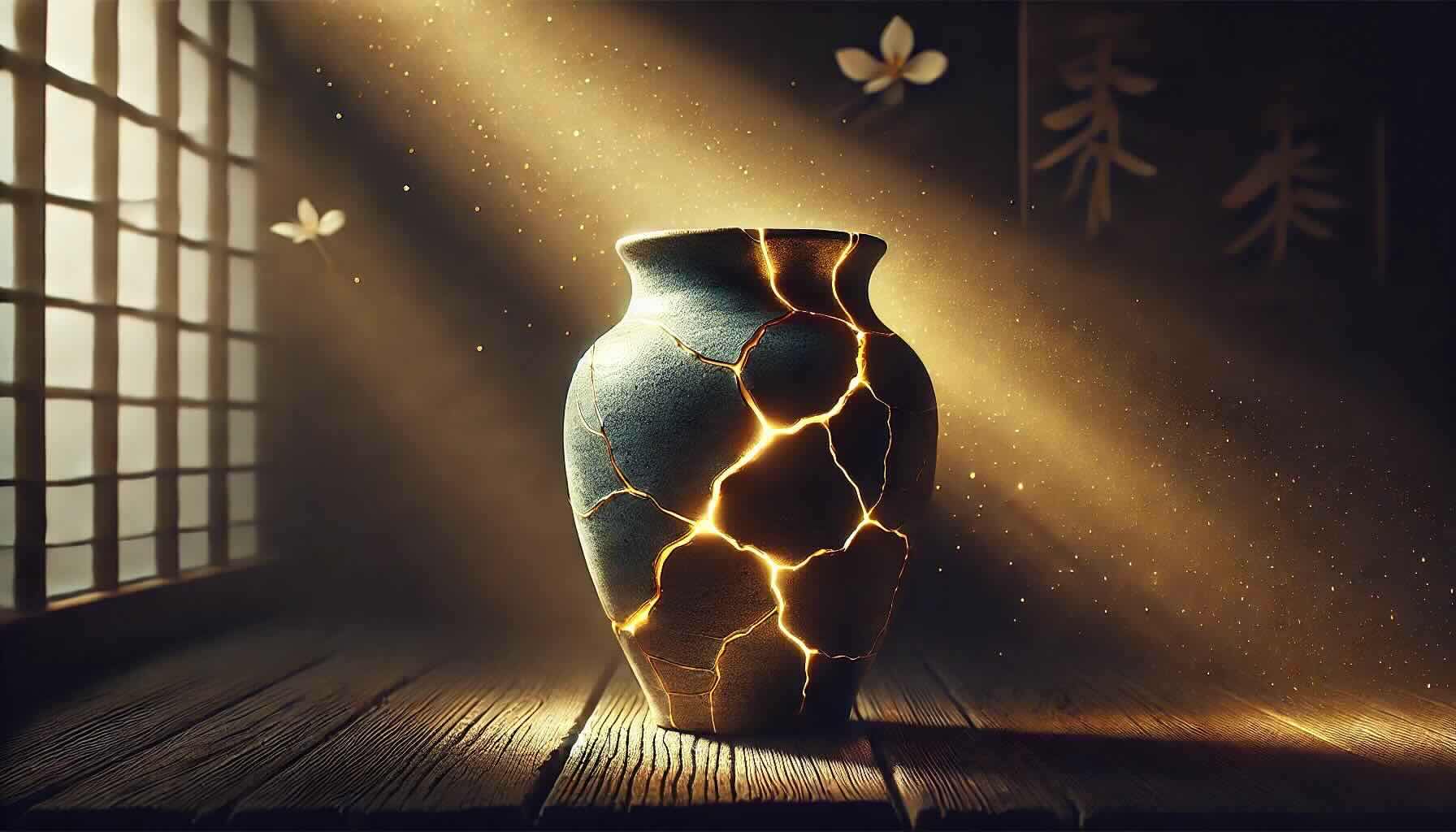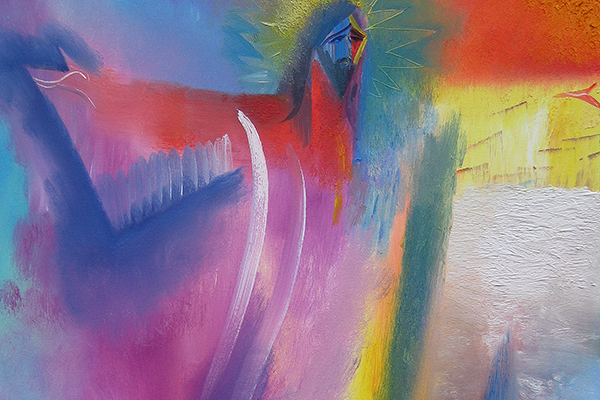In medieval Japan, there was a remarkable tradition called Kintsugi – the art of repairing broken pottery with gold. When a valuable ceramic piece broke, artisans would mend it with lacquer dusted with precious metals, highlighting rather than hiding the cracks. The resulting pieces were often considered more beautiful and valuable than the original unbroken items. This practice transformed something society viewed as worthless into something precious and honored. The cracks and imperfections became the very features that made these pieces extraordinary. The broken places, filled with gold, caught the light and told stories of resilience and renewal.
In our passage today, Jesus challenges our natural inclination to hide our brokenness when He instructs the host to invite “the poor, the crippled, the lame, and the blind.” This isn’t just about charity – it’s about recognizing the sacred value in what society considers broken. Like those ancient Japanese artisans, God sees beauty in our broken places.
We live in a world obsessed with perfection. Social media filters smooth our wrinkles. Career profiles highlight our successes and bury our failures. We’re taught to minimize our struggles, mask our pain, and present an unblemished facade to the world. “Don’t let them see your weakness,” the world whispers. “Cover those scars.”
But Jesus presents a radically different perspective. In God’s kingdom, our wounds aren’t disqualifications – they’re invitations. Our brokenness isn’t something to hide – it’s something to bring to the table. The host in our parable doesn’t invite the marginalized out of pity, but because they have something valuable to bring: their authentic, unvarnished humanity.
Think about the people Jesus chose to use: Peter with his impulsiveness, Thomas with his doubts, Paul with his complicated past. God didn’t smooth over their rough edges – He used them. Their weaknesses became channels for His strength. Their struggles became testimonies of His grace.
When we bring our brokenness to God’s table, something beautiful happens. Like gold-filled cracks in Kintsugi pottery, our wounds become channels of light. Our struggles enable us to connect more deeply with others who are hurting. Our failures make us more compassionate, more authentic, more human.
Today’s invitation is clear: Come as you are, with all your cracks and broken places. Bring your doubts, your fears, your failures. Because in God’s kingdom, like in Kintsugi, what the world sees as broken, God sees as beautiful. Your wounds aren’t just scars – they’re spaces where His light can shine through.


